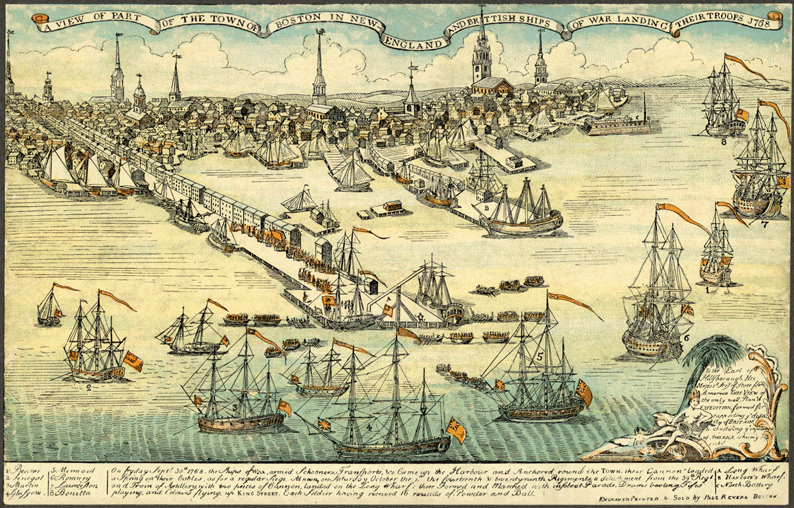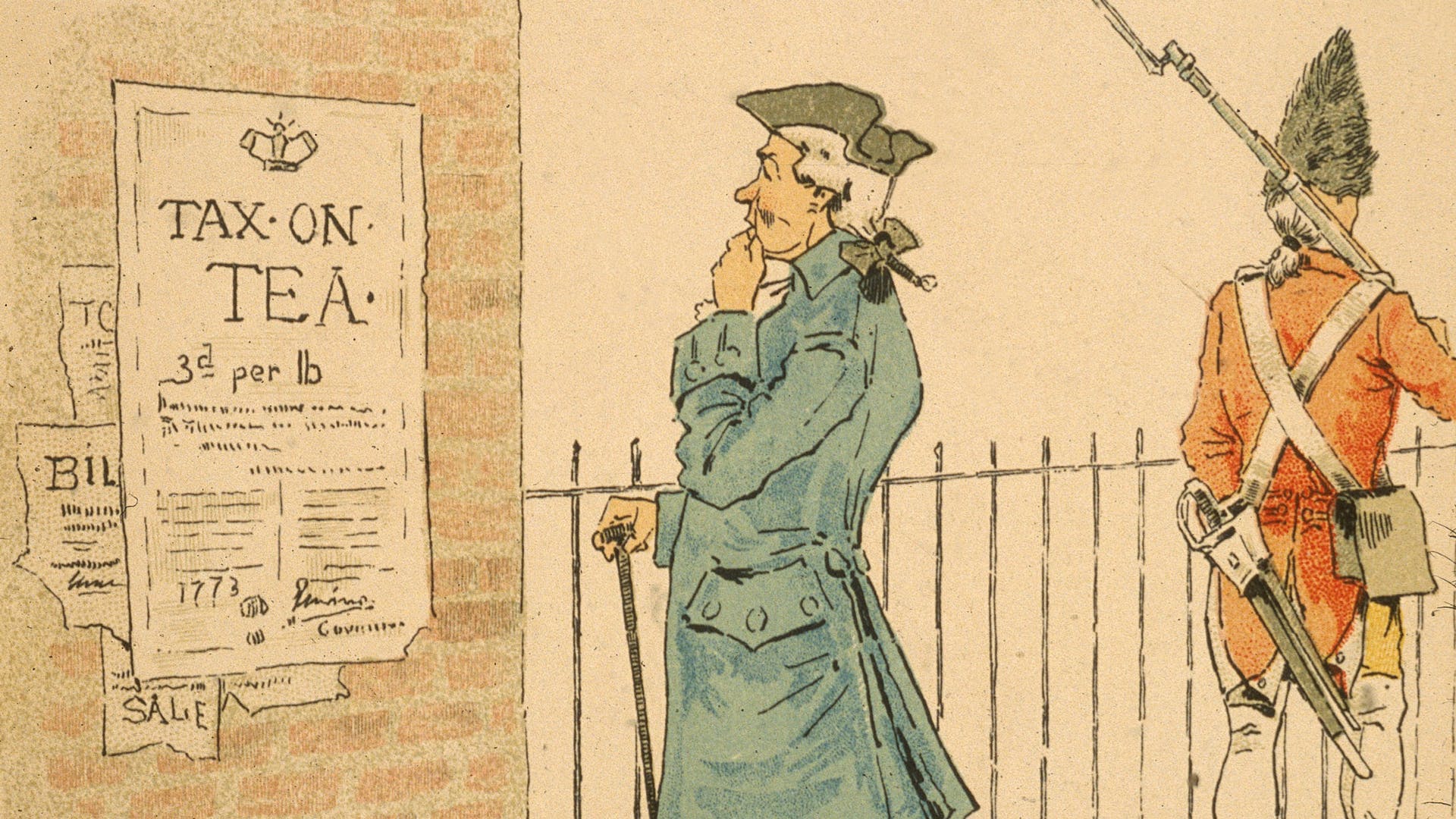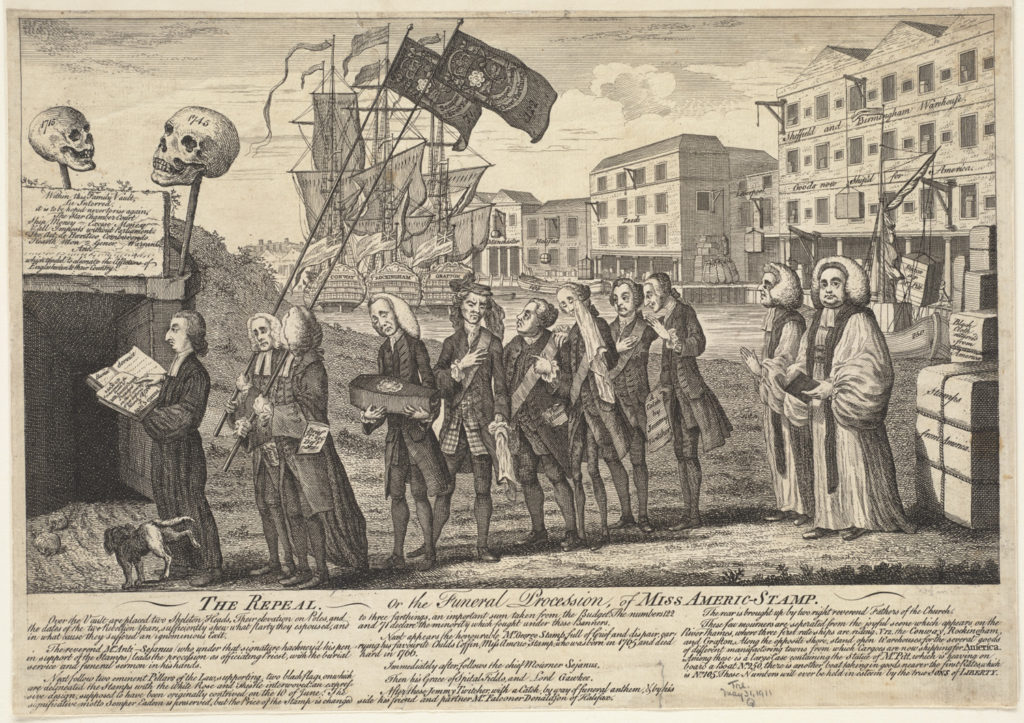Colonists Resented the Tea Act Because
A previous crisis had been averted in. How did Great Britain react to the Boston.

The Tea Act Boston Tea Party Facts 1773
The Tea Act of 1773 was one of several measures imposed on the American colonists by the heavily indebted British government in the decade leading up to the American Revolutionary War 1775-83.

. Colonists resented and opposed this act because they were being taxed to pay. The colonial rejection of the Tea Act especially the destruction of the tea in Boston Harbor recast the decade-long argument between British colonists and the home government as an. It forced tea to be shipped from India to Britain.
Tea was a popular drink and they didnt like having to pay a tax on it. This resentment sprang from the knowledge that some members of Parliament had. The colonist resented the Tea Act because if the Parliament could monopoly the East India Company then they could do it to other companies.
Identify and describe the Coercive Acts. Tea Act 1773 in British American colonial history legislative maneuver by the British ministry of Lord North to make English tea marketable in America. It lowered the price of tea.
2 The colonists believed any tax violated. The Tea Act resulted in the Boston Tea Party of 1773 when a group of. Adverse colonial reaction to it ranged from boycotts of bristling goods to riots and attacks on the tax collectors.
They also deeply resented the East India Companys monopoly on the sale of tea in the American colonies. 1 The colonists were upset because the tax on tea continued. The colonists organized protests against the laws and deeply resented the British tactics against the American colonies.
It increased the price of tea. Identify and describe the Coercive Acts. It established a British monopoly on tea.
Colonists resented the Tea Act because a. Moreover because the tea tax that the Townshend Acts imposed remained in place tea had intense power to symbolize the idea of no taxation without representation Merchants. The Tea Act of 1773 triggered a reaction with far more significant consequences than either the 1765 Stamp Act or the 1767 Townshend Acts.
The Tea Act of 1773 triggered a reaction with far more significant consequences than either the 1765 Stamp Act or the 1767 Townshend Acts.

Tea Act Definition Timeline Facts History

Tea Act 1773 Facts For Kids Background Causes Aftermath History

Pin On Revolutionary War Project

Tea Act 1773 Facts For Kids Background Causes Aftermath History
No comments for "Colonists Resented the Tea Act Because"
Post a Comment